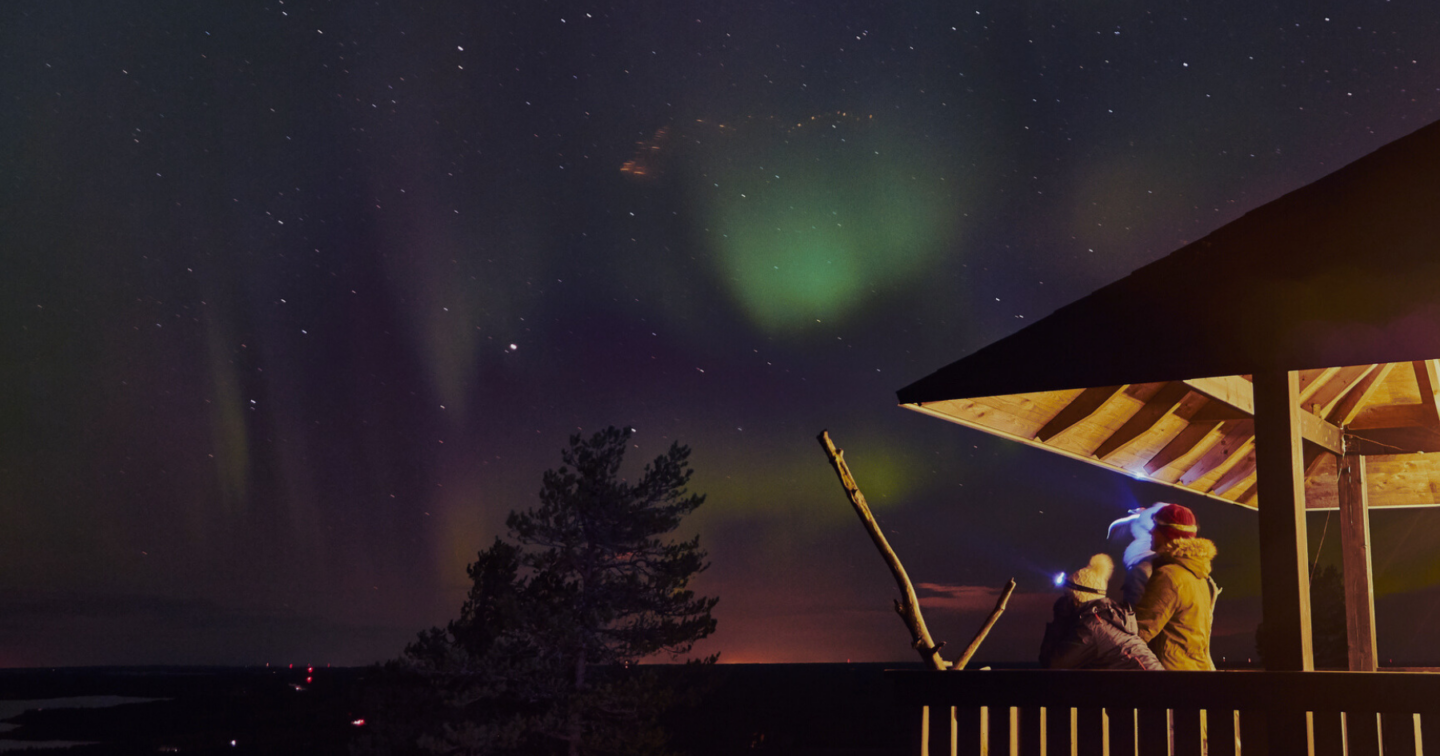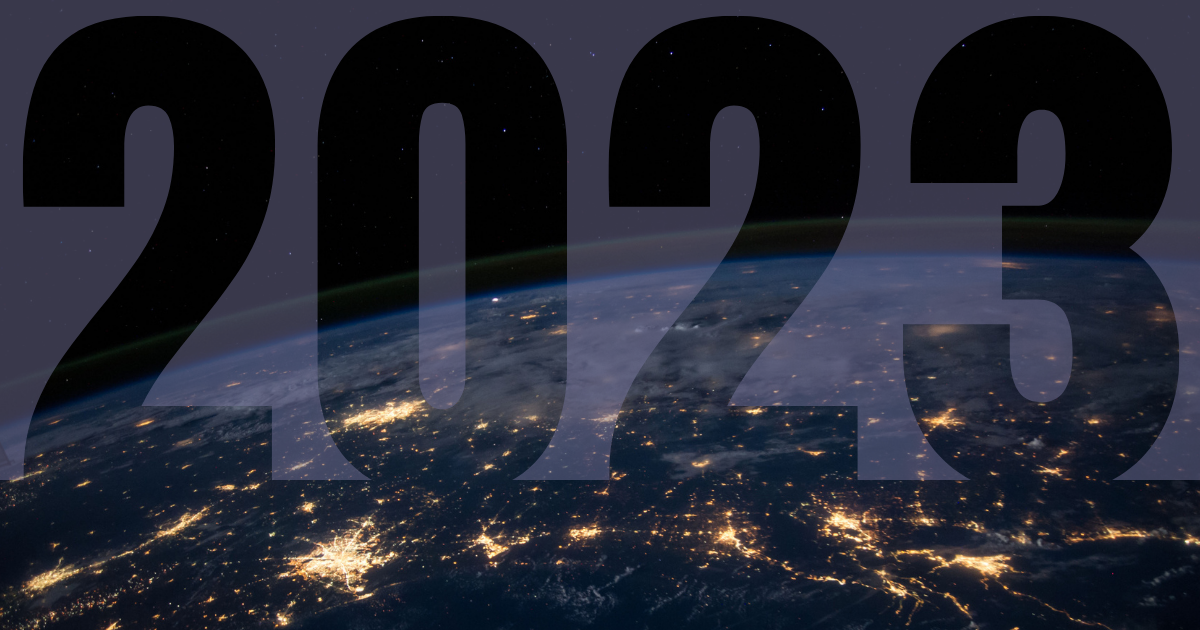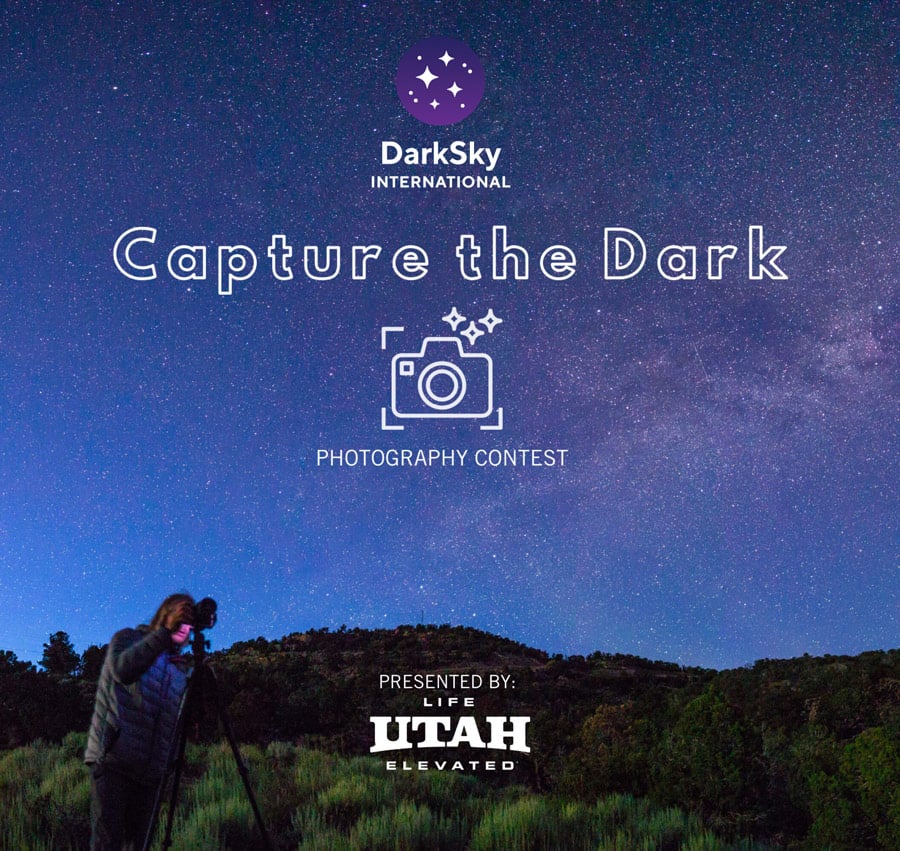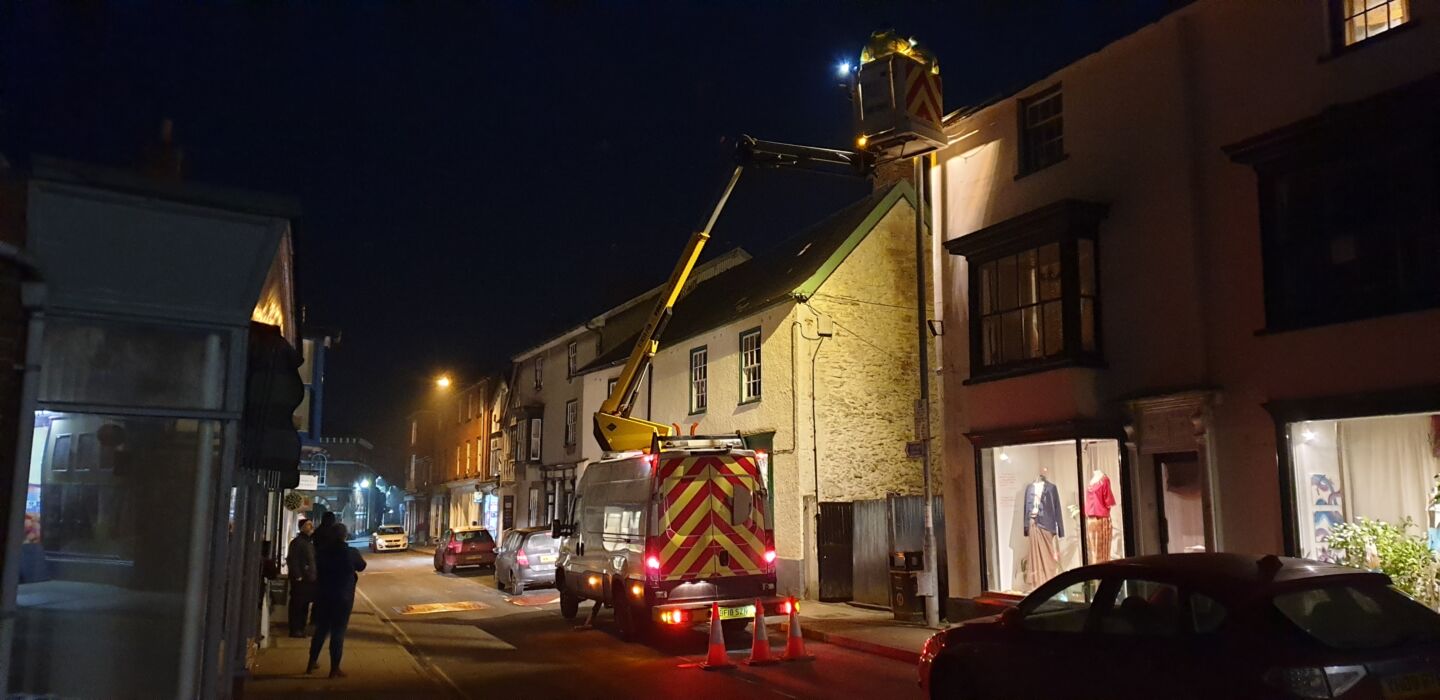
Nearing Death Noted Brain Researcher Finds Solace in the Stars
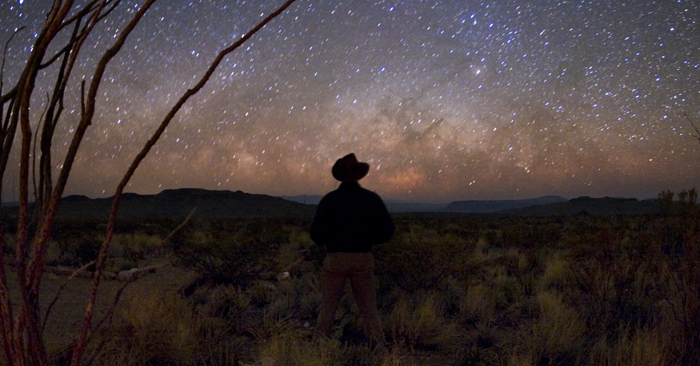
By Peter Tyson, Editor in Chief of Sky & Telescope
Oliver Sacks, the neurologist and author, wrote recently of seeing the night sky “powdered with stars” (in Milton’s phrase) while spending a night in the countryside. Witnessing this dark-sky grandeur made Sacks, who this year has been chronicling his battle with terminal cancer, realize how little time he had left. “My sense of the heavens’ beauty, of eternity, was inseparably mixed for me with a sense of transience – and death,” he wrote in the July 26th New York Times.
Did this awareness cause him to despair? Just the opposite. Sacks told friends he would like to see such a sky again when he is dying. He noted that, since he first publicly discussed his condition in the February 19th Times, the hundreds of letters he has received expressing appreciation for his life and work have brought him comfort. “I remain very glad and grateful for all this – yet none of it hits me as did that night full of stars,” he wrote.
Why, as he stands on the brink of the beyond, does Sacks find solace gazing at the vault of heaven? Sacks recounts how he has long coped with bereavement by turning to the nonhuman. The chemical elements – “little emblems of eternity,” he dubs them – are one such source of succor. For his 81st birthday last year, friends gave him a small box containing thallium, element 81.
To me, Sacks’ reaction that night in the countryside makes perfect sense. All those elements that he treasures, that comprise his body and each of ours, originated out there amongst the stars. We talk of Mother Earth, but Mother Supernova might be more apt. From the human perspective, the firmament, like the elements, is constant, whereas everything here on our planet – save the elements it consists of – is ephemeral, as Sacks understood that summer evening.
And what is so universally inspiring as a night sky powdered with stars? Sacks is not an astronomer, nor even a physical scientist. Yet he, like most of us no matter our field of interest, nor our age, background, or beliefs, is struck dumb by their resplendence and mystique.
I for one am grateful to Sacks for so graciously and sensitively sharing his observations in this last stage of his life. Each of us will reach that moment when we, too, are staring at eternity. Sacks’ words offer their own consolation that death is not something to be feared, in part because it couldn’t be more natural: our elements returning to the cosmos from which they sprung.
Postscript: Oliver Sacks died on August 30th, as this issue went to press. May he rest in peace amongst the stars.
This article was first published in the November 2015 issue of Sky & Telescope. It is republished with permission.







